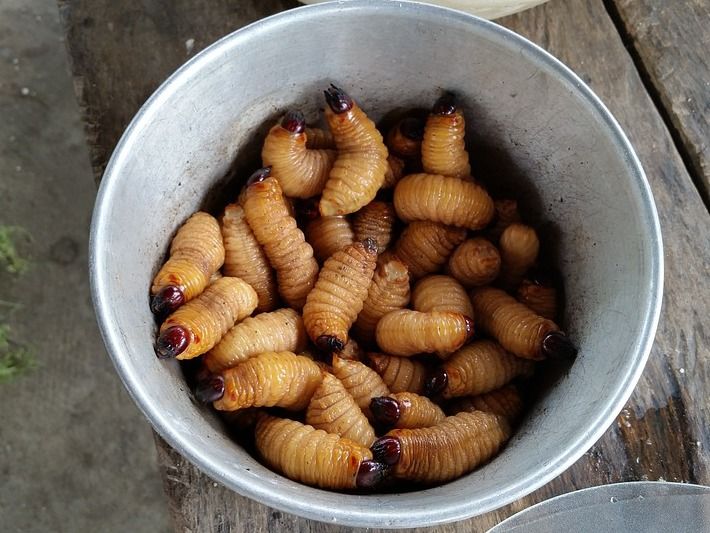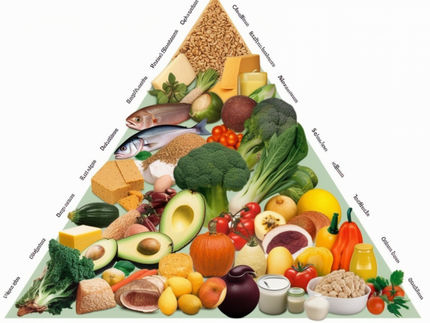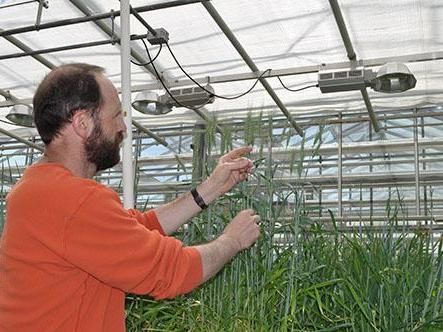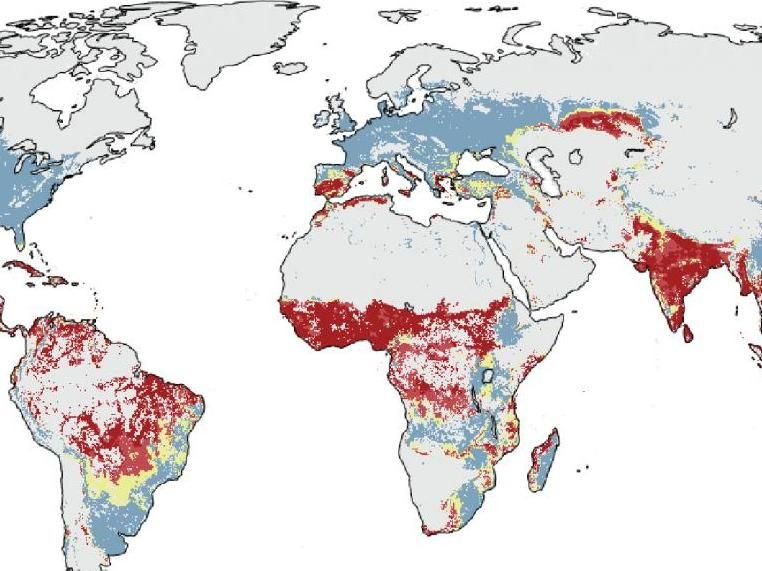Insects as food: the price determines the taste
Advertisement
insects first appeared on Swiss plates more than a year ago. Despite its various advantages, insect consumption is not particularly attractive for many people. New research results from the University of Bern show, however, that consumers rate insects more positively if they are in the luxury price segment.
For many people in Switzerland and beyond, the idea of eating insects is not particularly attractive. However, insect-based foods have considerable environmental and health benefits. Food production accounts for an enormous 25% of all human greenhouse gas emissions - livestock farming makes a major contribution to these emissions. Researchers and policy-makers are therefore trying to develop and promote more sustainable methods for the production of animal protein. A potential solution that has recently been much discussed is the consumption of insects.
Scepticism towards insect-based foods

avocado876/ Pixabay
"As a source of protein, insects have numerous health benefits and significantly exceed conventional meat in terms of greenhouse gas emissions," says Sebastian Berger, behavioural scientist at the Institute for Organisation and Personnel at the University of Bern. "That's why insect-based foods could help in the fight against climate change," Berger continues. Despite these advantages, people in Western countries rarely eat insects. Some are cautious or even disgusted by the idea of eating insect-based food. "However, since many of these people like to eat lobster or cancer - despite their insect-like appearance - it is possible that this negative attitude towards eating insects could change," says Berger.
Better valuation of high-priced insect products
So far, there has been only limited research into how insects can best be promoted or marketed in order to make them more palatable to a wider public. New research findings by Sebastian Berger and his team suggest for the first time that the promotion of insect-based foods could be more successful in the luxury price segment. The general rule is: if identical products have higher prices, consumers expect better quality. These expectations also correlate with product assessments. Whether this also applies to insect-based food, however, was unclear until now.
Sebastian Berger and his colleagues therefore investigated in a series of consumer psychological experiments whether prices are suitable for positively influencing expectations. "Our studies show that high-priced insect products are not only better valued, but that these valuations are also transferred to other insect products for which no price information is available," explains Berger. Prices would have such a strong effect that even "artificial" price reductions such as subsidies would have a negative effect on the expected product quality. "High-priced products could therefore help to change consumers' attitudes towards insect consumption and achieve more sustainable food production and healthier nutrition, even if this may depress demand in the short term," Berger continues.
The results of Berger's research team were recently published in the British Food Journal. This study is the first to investigate the impact of insect-based food prices through consumer psychological experiments.





























































